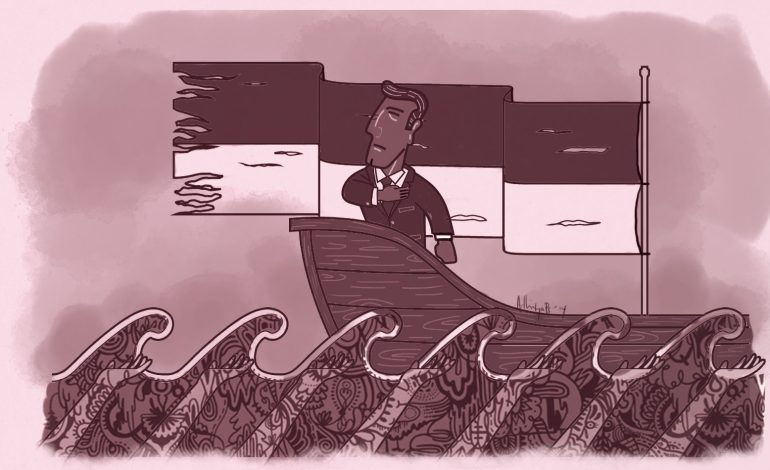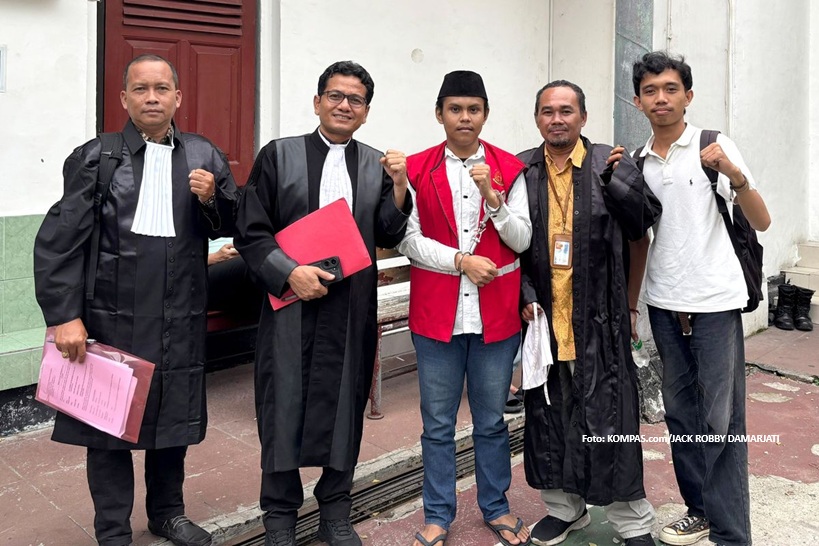Vote for Virtue and Wisdom, According to Dead Philosophers

Plato once said, “In politics we presume that everyone who knows how to get votes knows how to administer a city or a state. When we are ill…we do not ask for the handsomest physician, or the most eloquent one.”
Shall we argue against Plato? Of course he is correct. But in the ancient Greek where Plato lived there was also no television, let alone social media.
Today we live in a world where everything is mediated– the representation has become more important than the represented. In the highly mediated environment, the election has become more like a sporting game. Rather than examining issues that are important for the voters, media reporting revolves around campaign hoopla: surges and declines in the polls, endorsements won and lost, the ebb and flow of momentum, and, worse, rumors around unnecessary elements of the election itself.
Media is not the only one to blame. Politics itself is problematic. As pointed out by Plato, political power seems to attract persons who lack the prerequisite qualities of leadership: intelligence, integrity and selfless concern for the welfare of the governed. Alas, the election seems to be a fertile ground to vet this kind of leaders. However, the pragmatic side of Plato’s skepticism (which I also share) suggests that those who seek to be leaders are not equally bad – how to choose the better one is therefore important.
Plato suggests that we select the leaders based on virtue and wisdom, rather than cunning and charisma. Those who are intellectually privileged (and I assume that Magdalene’s readers fall within this category) should encourage public to choose based on integrity, virtue, wisdom, and selflessness rather than irrelevant details such as oratorical ability (imagine Clinton, Obama, and Hitler!), wealth (oil wealth of the Bushes), family background (blue blood), or good looks (imagine the picture of the Kennedys).

We perhaps can also learn further from Aristotle who strongly argued for a workable reform and placed the power in the hands of the middle class. In the pursuit of justice (going towards less injustice and less inequality), Aristotle argued that, unlike the elites (in the ancient Greek this means trading family aristocrats), middle class has (should have) moral imagination and moral/social sensitivity to understand the struggle of the poor/lower class, and thus can aspire to act for justice for all.
And yet, unlike the lower class who is less privileged, the middle class is better equipped and has an agency and capacity to act. Here, we shouldn’t interpret the middle class in a literal sense. Certainly today’s Indonesian middle class is much more diverse than in the ancient Athens. But what Aristotle means as ‘middle class’ is people who are not originated from the old establishment (old anti-democratic regime) and are not part of any oligarchic elites.
Aristotle also believed that leadership is the excellence of character, or “moral virtue”. In this regards, moral virtue is grown out of habits and repetitive acts. Those, such as people who are part of the elites I mentioned above, who don’t habitually live with, walk with, work with, listen to, play with the people (“us”) won’t have moral imagination and life experiences needed to breed moral sensitivity and empathy that may lead to acts towards the pursuit of justice for all.
Aristotle’s message should ring a bell to us, not only to elect a leader who has this moral virtue, who also represents us, and is a part of us, one of us, but also for us, the privileged, to awaken our moral imagination, to sharpen our moral sensitivity, to fill our souls with empathy and translate it into acts.
There are no perfect leaders in the world. But there are better leaders. For us, the intellectually and probably economically privileged, we have no choice but listen to what the less privileged feel. Without being sensitive to their needs and desires, our choice would most likely be wrong.
About Merlyna Lym
Merlyna Lim is a scholar who has too many non-scholarly hobbies. She is not a philosopher, but she enjoys thinking philosophically while doing mundane things such as having coffee, washing dishes, or frying tempeh.
Read the Indonesian version of this article here





















